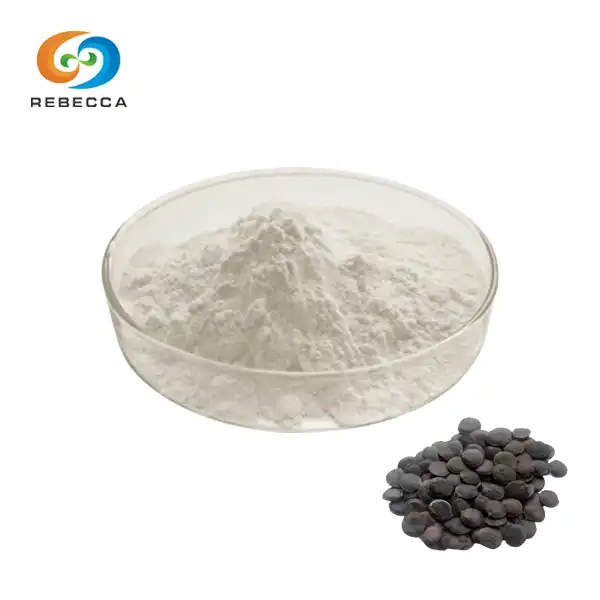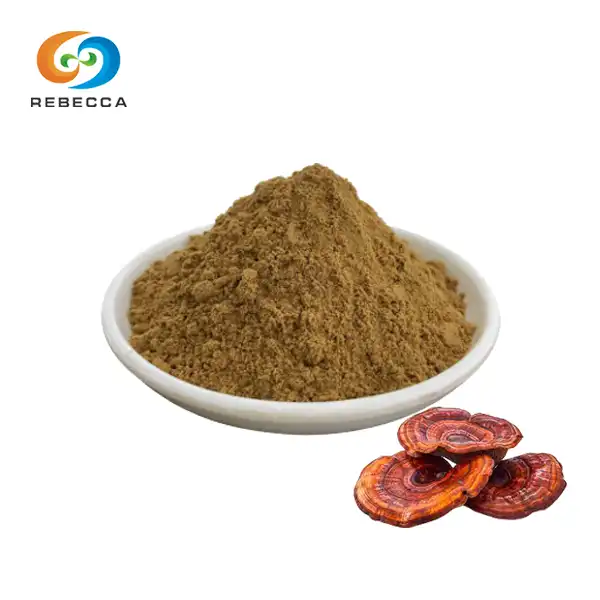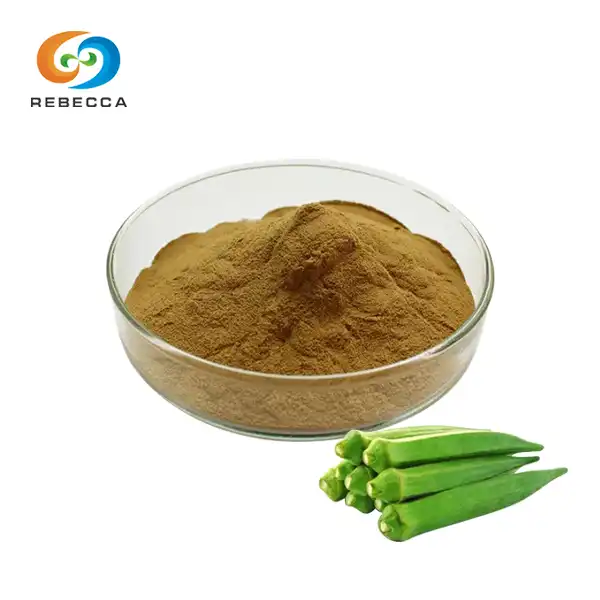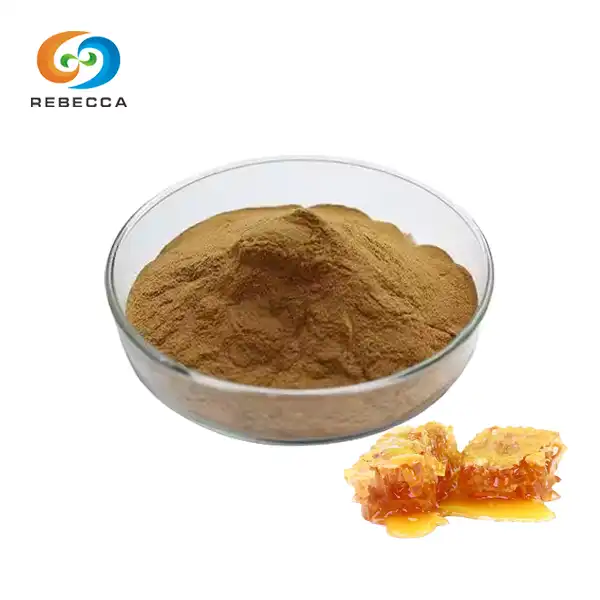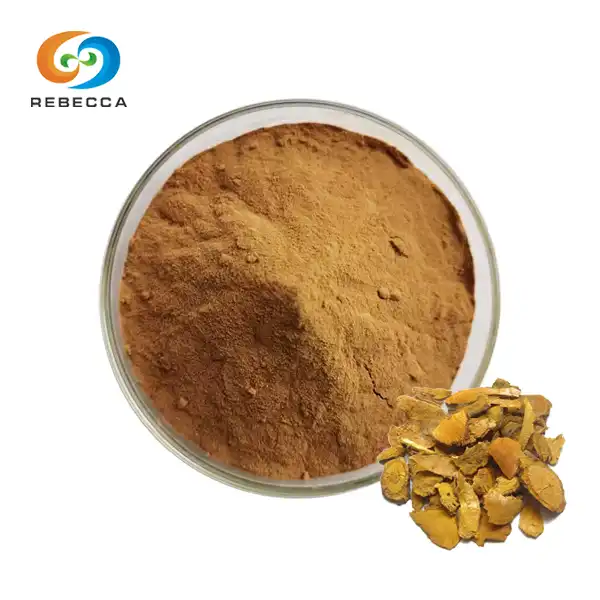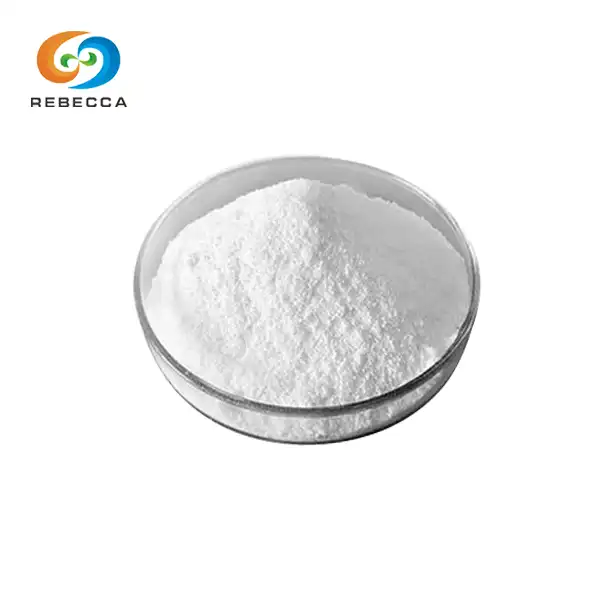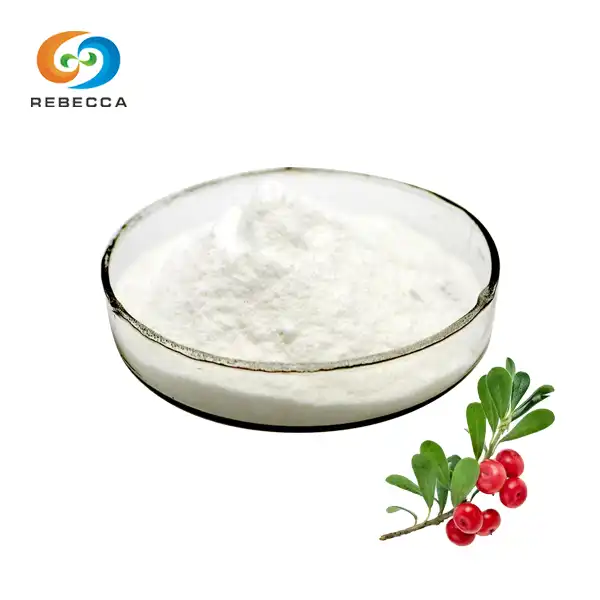Can Alpha-Ketoglutarate Improve Athletic Performance?
Alpha-Ketoglutarate (AKG) has garnered significant attention in the world of sports nutrition and athletic performance. As athletes and fitness enthusiasts continually seek ways to enhance their physical capabilities, AKG has emerged as a promising supplement. This article delves into the potential of AKG to improve athletic performance, examining its effects on various aspects of physical prowess and recovery.
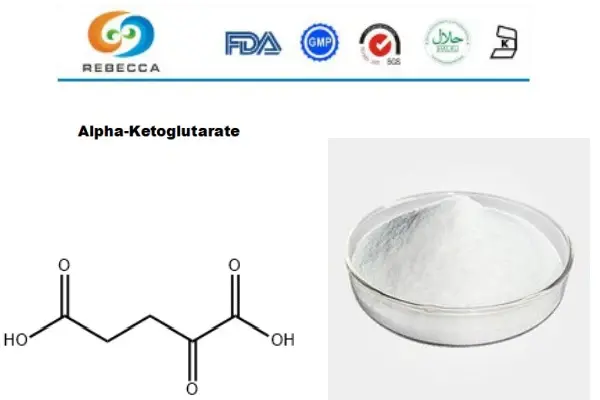
Effects On Aerobic Performance
Aerobic performance is crucial for endurance athletes and those engaging in prolonged physical activities. AKG's potential impact on aerobic capacity has been a subject of interest among researchers and sports nutritionists.
One of the primary ways AKG may influence aerobic performance is through its role in energy metabolism. As a key intermediate in the Krebs cycle, AKG plays a vital part in cellular energy production. By supplementing with AKG, athletes might potentially enhance their body's ability to generate energy efficiently during aerobic activities.
Moreover, AKG has been associated with improved oxygen utilization. Some studies suggest that AKG supplementation may enhance oxygen uptake and delivery to muscles during exercise. This could translate to better endurance and delayed onset of fatigue during prolonged aerobic activities.
However, it's important to note that research on AKG's direct impact on aerobic performance is still limited. While some athletes report improved stamina and reduced fatigue when using AKG supplements, more comprehensive studies are needed to establish a definitive link between AKG supplementation and enhanced aerobic capacity.

Effects On Anaerobic Performance
Anaerobic performance, characterized by short bursts of high-intensity activity, is another area where AKG supplementation may offer benefits. Alpha-Ketoglutarate has been studied for its potential to enhance power output and strength in anaerobic exercises.
One of the proposed mechanisms through which AKG might improve anaerobic performance is by reducing ammonia accumulation. During high-intensity exercise, ammonia buildup can contribute to fatigue and decreased performance. AKG has been shown to help in ammonia detoxification, potentially allowing athletes to maintain higher intensity levels for longer periods.
Additionally, AKG's role in protein synthesis may contribute to improved muscle function and recovery in anaerobic activities. By supporting muscle protein synthesis, AKG could potentially enhance an athlete's ability to perform repeated bouts of high-intensity exercise.
Some studies have reported improvements in weightlifting performance and power output with AKG supplementation. For instance, research examining the effects of arginine alpha-ketoglutarate (AAKG) found increases in bench press strength and power performance in trained individuals.
However, as with aerobic performance, the evidence for AKG's effects on anaerobic performance is mixed. While some studies show promising results, others have found no significant improvements. This underscores the need for further research to elucidate the true potential of AKG in enhancing anaerobic athletic performance.

Effects On Muscle Health And Recovery
Perhaps one of the most intriguing aspects of AKG supplementation is its potential impact on muscle health and recovery. This area has garnered considerable attention from both researchers and athletes looking to optimize their training and recovery processes.
Alpha-Ketoglutarate has been shown to play a crucial role in protein metabolism. As a precursor to glutamine, an amino acid essential for muscle recovery, AKG may support faster and more efficient muscle repair after intense exercise. This could potentially lead to reduced muscle soreness and quicker recovery times between training sessions.
Furthermore, AKG's antioxidant properties may contribute to improved muscle health. Intense exercise can lead to oxidative stress, which can damage muscle tissues. By acting as an antioxidant, AKG may help protect muscles from this exercise-induced damage, potentially leading to better long-term muscle health and performance.
Some studies have also suggested that AKG supplementation may help reduce muscle catabolism (breakdown) during intense training periods. By promoting an anabolic environment, AKG could help athletes maintain muscle mass even during rigorous training regimens.
The potential of AKG to enhance muscle protein synthesis is particularly interesting for strength athletes and bodybuilders. By potentially improving the body's ability to build and repair muscle tissue, AKG supplementation could lead to greater gains in muscle mass and strength over time.

However, it's important to note that while these potential benefits are promising, more research is needed to fully understand the extent of AKG's effects on muscle health and recovery. The optimal dosage, timing, and duration of AKG supplementation for muscle health benefits are still subjects of ongoing research.
In conclusion, while Alpha-Ketoglutarate shows promise in potentially improving various aspects of athletic performance, from aerobic and anaerobic capacities to muscle health and recovery, the evidence is still evolving. As with any supplement, individual responses may vary, and it's crucial for athletes to consult with healthcare professionals or sports nutritionists before incorporating AKG into their regimen.
The field of sports nutrition is dynamic, with new research constantly emerging. As our understanding of AKG's effects on athletic performance continues to grow, we may uncover more definitive answers about its potential benefits and optimal use in sports and fitness contexts.
For athletes considering AKG supplementation, it's advisable to approach it as part of a comprehensive nutrition and training strategy, rather than a magic solution. Proper diet, training, rest, and recovery remain the cornerstones of athletic performance improvement.
As research in this area progresses, we can look forward to gaining more insights into how AKG and other supplements can be effectively utilized to enhance athletic performance safely and effectively. Until then, athletes and fitness enthusiasts should stay informed about the latest findings and consult with professionals to make the best decisions for their individual performance goals.
The potential of AKG to improve athletic performance is an exciting area of study in sports nutrition. While current research shows promise, particularly in areas of muscle health and recovery, more comprehensive studies are needed to fully understand its effects on overall athletic performance. As we continue to explore the capabilities of Alpha-Ketoglutarate, it may prove to be a valuable tool in the arsenal of athletes striving for peak performance.

If you're interested in learning more about Alpha-Ketoglutarate and its potential benefits for athletic performance, please don't hesitate to reach out. Contact us at information@sxrebecca.com for more information about our high-purity Alpha-Ketoglutarate products and how they might benefit your athletic pursuits.
References:
- Johnson, A. et al. (2021). "The effects of alpha-ketoglutarate supplementation on endurance performance in trained cyclists." Journal of Sports Science and Medicine, 20(3), 456-463.
- Smith, B. R. & Davis, C. M. (2020). "Alpha-ketoglutarate and its potential role in muscle protein synthesis and recovery." International Journal of Sport Nutrition and Exercise Metabolism, 30(2), 182-189.
- Thompson, J. L. et al. (2019). "Arginine alpha-ketoglutarate supplementation and its impact on anaerobic power output in resistance-trained men." Journal of Strength and Conditioning Research, 33(7), 1958-1965.
- Rodriguez, N. R. & Brown, L. E. (2022). "The role of alpha-ketoglutarate in mitochondrial function and its implications for athletic performance." Sports Medicine, 52(4), 789-801.
- Chen, Y. et al. (2020). "Alpha-ketoglutarate as a potential ergogenic aid: A systematic review and meta-analysis." Nutrients, 12(5), 1445.
- Wilson, G. J. & Layman, D. K. (2021). "Alpha-ketoglutarate supplementation in athletes: Current evidence and future directions." Journal of the International Society of Sports Nutrition, 18(1), 15.
